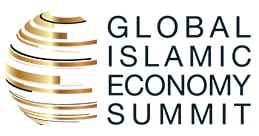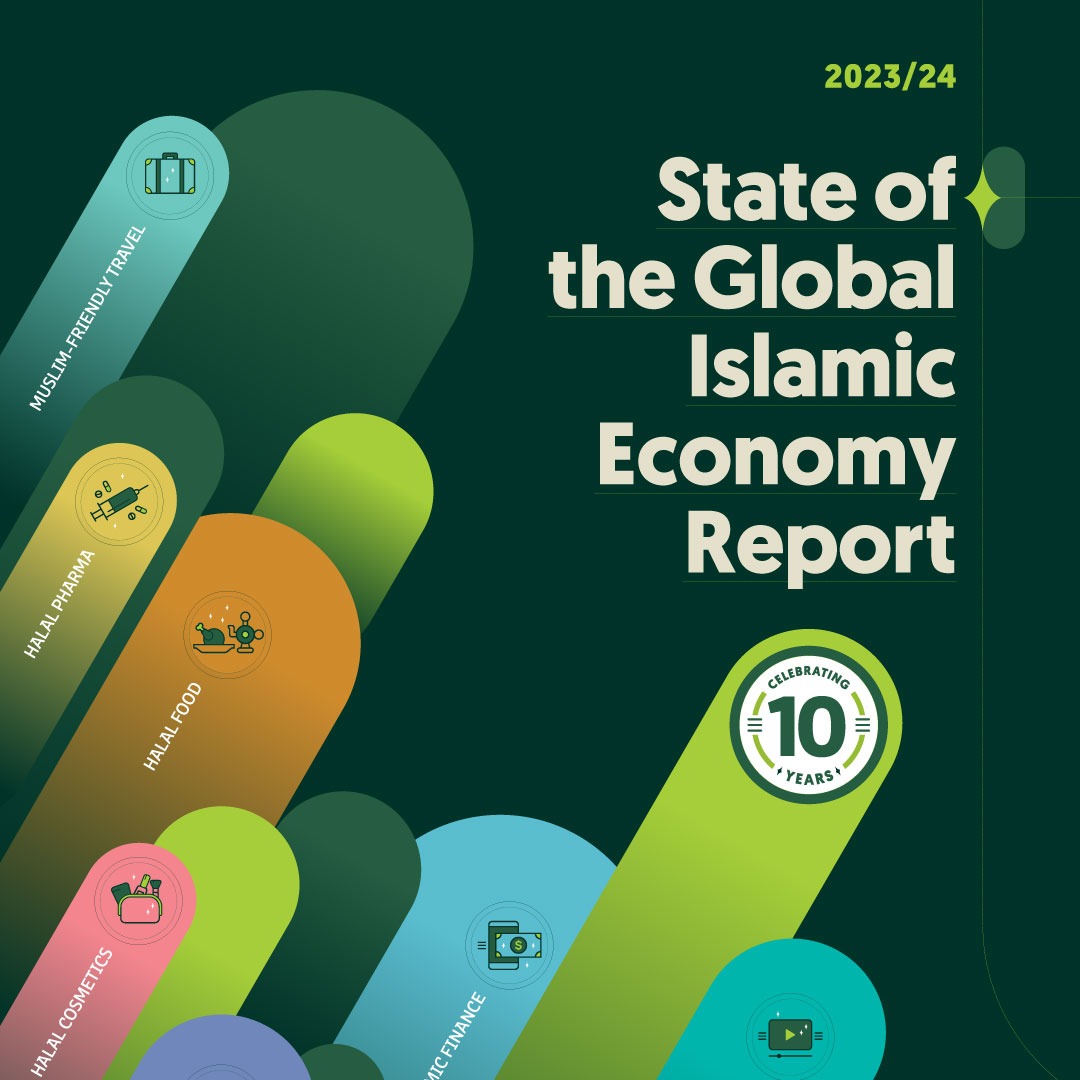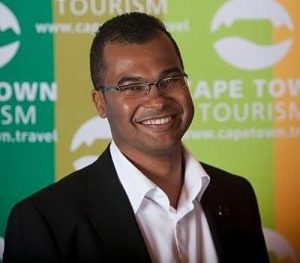Source: Khaleej Times
29 September 2013
http://bit.ly/15CtcD1
Rushdi Siddiqui (Participation finance/banking)
 The much-anticipated Global Islamic Economy Summit, or GIES 2013, under patronage of His Highness Shaikh Mohammed bin Rashid Al Maktoum, Vice-President and Prime Minister of the UAE and Ruler of Dubai, has captured the world’s attention on the possible blueprint of an Islamic economy.
The much-anticipated Global Islamic Economy Summit, or GIES 2013, under patronage of His Highness Shaikh Mohammed bin Rashid Al Maktoum, Vice-President and Prime Minister of the UAE and Ruler of Dubai, has captured the world’s attention on the possible blueprint of an Islamic economy.
The GIES is being organised by the Dubai Chamber of Commerce and Industry and Thomson Reuters; the former has contributed to building the Dubai brand globally and the latter, a global information provider, has shown its deep commitment to Islamic finance.
Macro Islamic/OIC events are capturing the attention of opportunity-driven investors and financial institutions in the US, Europe, and Asia. For example, Sibos held its immense annual event at the Dubai International Convention and Exhibition Centre and two sessions — internationalisation and standardisation — were dedicated to Islamic finance.
Furthermore, recently in Malaysia, the 4th OIC World Business and Investment Zone 2013 Exhibition and Conference took place and subjects included intra-OIC trade and investment, higher education, and world Islamic tourism.
Finally, at the end of October, the World Islamic Economic Forum, or WIEF, will take place in London, and the publicity leading up to the event has been immense in Islamic finance hubs like the UAE and Malaysia. The 2014 WIEF will be held in Dubai, hence, a global platform hosting a global event.
The Global Islamic Economy Summit is positioned thus:
“With 56 states spread across vast and disparate regions, the Islamic world represents a diverse set of cultural values and economic conditions. Yet, all of them share the same religion and increasingly, a youthful and restless population that is seeking dynamic and forward thinking leadership that will enable them to play their role in shaping their future, build wealth and prosperity for their families and ensure a better livelihood for their children.”
Furthermore, it breaks down the Islamic economy into two inter-related niche markets: $1.3 trillion Islamic finance and the $2.6 trillion halal industry that must be brought together as a Brics-type of an opportunity. It is an attractive proposition for intra-OIC investment and trade; value investing in Europe; and to the continued quantum easing and greenshoots environment in the US.
Organisers have quoted the conference discussion opportunity as: “‘Twins who were separated at birth’, Islamic finance and the halal sector are the two major Shariah-based markets. Halal food, a consumer non-cyclical, as an asset class is easy to understand and less volatile than the favourite real estate. The GCC is a net importer of food, and one of the sparks of the Arab Spring was food price inflation and availability. Given that there is surplus liquidity in the Islamic finance sector, and a distinct need for investment in the Halal sector, why is there still a disconnect between these two components of the Islamic economy?”
Sessions
There are thought-provoking and forward-looking sessions, hence, the post conference take-aways and eventual implementation are keenly awaited. The track record of Shaikh Mohammed’s vision for Dubai — a hub for tourism, commerce, trans-shipment, etc — brings much confidence that an Islamic economy is possible for a Muslim country.
Some of the sessions that capture the attention include
- Leading a New Economic Paradigm – Beyond Halal Food and Islamic Finance
- From Spring to Summer: North African Islamic Emerging Markets Opportunities
- Assets or Liabilities? Awqaf and Endowments in the 21st Century
- Addressing Food Security in the GCC as an Asset Class
- Financial Industry Stakeholders and CEO’s Debate: Is it Now Time to Stop Calling it Islamic Finance?
Some of the columns, between now and GIES 2013 in November, will be dedicated to raising panel session issues.
The first area to touched upon, where everyone has an opinion: “Is it Now Time to Stop Calling it Islamic Finance?”
For Islamic finance to reach its goal of global phenomenon, as it is for all of mankind, the focus should be on substance: Participation finance.
Turkey is a good example of participation finance that would have appeal to all “value-oriented consumers” in secular, politically-sensitive environments of India, Nigeria, South Korea, the US, Australia, France, etc.
Furthermore, many Muslim countries, like pre-Arab spring Egypt and Libya, have shied away or have not supported Islamic finance, because of the perception of politicalisation of Shariah. Thus, calling it Islamic finance has deprived the masses of participation finance.
We are all accidental tourists requiring a map to our destinations, and the GIES looks like an interesting GPS for an Islamic economy.



